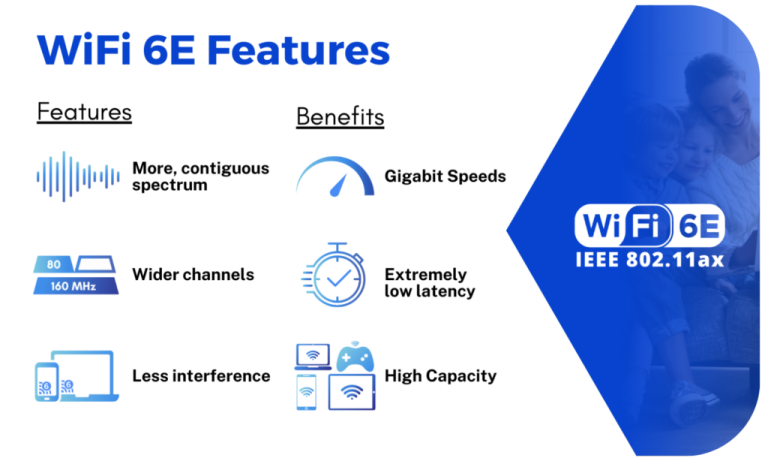4G LTE and 5G Certification Questions: Updated Prep for Modern Network Engineers
telcomatraining.com – In today’s rapidly evolving telecom landscape, professionals aiming to stay ahead in their careers must acquire expertise in both 4G LTE and 5G technologies. Certifications in these domains validate essential knowledge and skills, making you a desirable candidate in an increasingly competitive job market. Understanding the most relevant 4G LTE and 5G certification questions is crucial to your exam success and practical readiness.
Why Certifications Matter
Telecommunications is transitioning at lightning speed. While 4G LTE remains widely used, 5G is setting the standard for next-generation connectivity with ultra-low latency, higher data rates, and network slicing. For network engineers, obtaining certification from recognized institutions like Nokia Bell Labs, Huawei, Ericsson, and 5G Academy is no longer optional—it’s expected.
These certifications demonstrate your understanding of radio access networks (RAN), core network architecture, signaling protocols, and mobility management across LTE and NR (New Radio) technologies.
Common Topics in 4G LTE and 5G Exams
Most certification exams focus on several core areas:
- Architecture Fundamentals
- 4G: eNodeB, EPC (Evolved Packet Core), and interfaces like S1, X2
- 5G: gNodeB, AMF, SMF, UPF, and the Service-Based Architecture (SBA)
- Radio Concepts
- OFDMA and SC-FDMA
- Massive MIMO in 5G
- Beamforming techniques
- Protocol Stack and Signaling
- NAS and RRC procedures
- Handover strategies
- Authentication and security mechanisms
- Network Deployment and Optimization
- Coverage planning and interference mitigation
- QoS and slicing in 5G
- Troubleshooting tools and KPIs
Sample 4G LTE and 5G Certification Questions
To boost your prep, consider the types of questions often found in exams:
- What is the main difference between the EPC in LTE and the 5GC in 5G?
Answer: EPC uses a node-based architecture, while 5GC adopts a service-based modular architecture for improved flexibility. - Which layer in the LTE protocol stack is responsible for scheduling and HARQ?
Answer: The MAC (Medium Access Control) layer. - How does beamforming improve 5G performance?
Answer: Beamforming focuses signal energy towards specific users, increasing signal strength and reducing interference.
These are simplified versions; expect scenario-based and multiple-choice questions in real exams.
Effective Study Tips
- Follow a Structured Curriculum
Enroll in certified courses offered by industry leaders. Self-study via official training materials and e-books is helpful, but interactive labs add practical understanding. - Use Practice Exams
Simulated exams are essential. They help you identify weak areas, manage time, and get comfortable with question formats. - Join Forums and Study Groups
Online communities such as Reddit’s r/telecom and LinkedIn groups are treasure troves of shared knowledge, experience, and resources. - Stay Updated with Standards
3GPP releases regular updates on LTE and 5G specifications. Keeping tabs on the latest versions (e.g., Release 17 or 18) ensures you’re aligned with current trends. - Hands-On Practice
If possible, use network simulation tools or gain access to lab environments where you can configure and troubleshoot real-world scenarios.
Final Thoughts
Certifications in 4G LTE and 5G are more than just credentials; they’re proof of your commitment to excellence in the telecom field. With consistent preparation and a clear understanding of key exam domains, you’ll not only pass your certification exam but also gain the confidence to apply your knowledge in real-world networks.
Stay curious, stay updated, and keep solving those 4G LTE and 5G certification questions—your career in advanced mobile networks depends on it.






